Michael Smith has been covering China for over 20 years and is currently the China correspondent for the Australian Financial Review. He lived and reported from China up until September 2020, when the Chinese government compelled the last Australian journalists to leave the country. He currently resides in Sydney with his partner.
Today, Michael Smith is on the blog to answer a few of our questions about his new book, The Last Correspondent: Dispatches from Xi’s New China. Read on!
Please tell us about your book, The Last Correspondent.
MS: It’s my account of living and working in China in a period of unprecedented economic and social upheaval. I give the reader a sense of what life was like on the ground covering the start of the coronavirus pandemic, visiting Xinjiang’s re-education centres and events such as the Hong Kong protests as well as my personal experience being evacuated from the country by the Australian government in September 2021. I also tell China’s story through interviews with friends as well as key players in society right up to the country’s richest man.
Can you share some of the reasons that compelled you to write this book?
MS: The catalyst for writing the book was the dramatic events of September 2021 when Chinese secret police visited my home in Shanghai and informed me I could not leave the country as I was a person of interest in a national security investigation. The Australian government, fearing for my safety, put me in consular protection and later evacuated me from the country. However, the reason for writing the book is much more than that personal incident. I wanted to tell China’s story through the eyes of its people who have experienced enormous social upheaval in a short space of time. Their stories are incredible and it is often too easy to demonise Chinese people because of the diplomatic tensions and actions of the Chinese Communist Party. While a lot of books have been writing about China’s economy and politics, I realised there were very few books describing what life was like actually living in this complex and fascinating country.
You were one of the last Australian journalists reporting from China itself. What are the implications of us no longer having a news presence there?
MS: The removal of journalists working for Australian media outlets in China is a tragedy for our understanding of the country that is reshaping the world. As Australia-China relations become increasingly strained, most of the reporting on China is now done from outside the country. This means you miss the nuances of being on the ground and speaking to ordinary people in the street.
Is there anything about Xi Jinping’s China that you think more people should have a better understanding of?
MS: China’s people. Like all of us, they are human beings struggling to feed their families, educate their kids and buy a property. Many of them have a great sense of humour. Their stories are incredible because life has changed so dramatically from the hardships of the Cultural Revolution to the modern-day economic boom in a short space of time. People should also have a better understand of how quickly China has changed in such a short period of time which makes it an incredibly unpredictable place. Xi Jinping’s complete grip on power and the Communist Party’s ability to control a population of 1.4 billion through censorship and surveillance should not be underestimated.
‘Australia has to recognise it is no longer dealing with the China of a decade ago and adjust accordingly.’
How do you think Australia’s foreign policy will adapt to China’s increasing influence as a superpower over the next few years?
MS: Australia is currently struggling with this problem and there is no clear pathway to break the impasse in bilateral relations. It will take a change of government at the very least before Beijing reopens diplomatic channels with Australia, both officially and unofficially. Australia has to recognise it is no longer dealing with the China of a decade ago and adjust accordingly without threatening its own security and way of life.
Can you share a little bit about your journey towards becoming a journalist and foreign correspondent?
MS: I broke into the journalism the old-fashioned way by landing a job as a copyboy at the Hobart Mercury aged 18. This involved picking up the sub-editor’s dinners and monitoring the fax machine. After completing a cadetship, I moved straight from Hobart to Hong Kong in 1993 to cover politics for the Hong Kong Standard newspaper. This was my first introduction to Asia and I loved it. I have also worked in London for Reuters. Working in China for The Australian Financial Review was my most challenging and exciting assignment so far though.
What is the last book you read and loved?
MS: One of my favourite China books, The Age of Ambition by Evan Osnos. I am currently reading a compilation of essays from past and present China correspondents called The Beijing Bureau and Trent Dalton’s new novel All Our Shimmering Skies.
What do you hope readers will discover in The Last Correspondent?
MS: As well as the big themes I mentioned above, I hope readers enjoy my often personal account of life in Hong Kong and mainland China and all the quirky bits along the way such as spotting Kim Jong-un in the foyer of the Marina Bay Sands Hotel, my hairdresser’s over-the-top reaction to news that I had met Jack Ma and how I met my partner on a blind date in a Hong Kong noodle house in 1994. There are darker elements to the book though, including the social injustices I personally witnessed in Xinjiang and closer to home as friends found themselves locked up for the pettiest of crimes and the disturbing ability of the state to censor and shape the opinions of its citizens.
And finally, what’s up next for you?
MS: I plan to continue reporting on China and North Asia from Tokyo later this year.
Thanks Michael!
—The Last Correspondent: Dispatches from the frontline of Xi’s new China by Michael Smith (Ultimo Press) is out now.
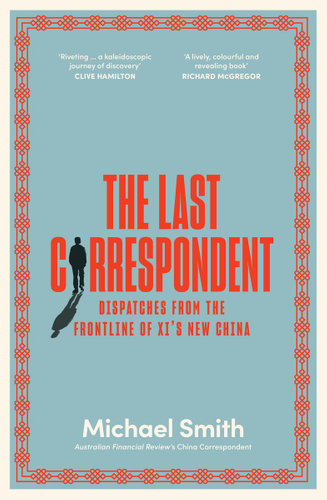
The Last Correspondent
Dispatches from the frontline of Xi's new China
It was just after midnight when China’s notorious secret police came knocking.
A late-night visit to his Shanghai laneway house by China’s notorious secret police triggered a diplomatic storm which abruptly ended Michael Smith’s stint as one of Australia’s last foreign correspondents in China. After five days under consular protection, Smith was evacuated from a very different China to the country he first visited 25 years earlier. The visit marked a new twist in Australia’s 50-year diplomatic relationship with China which was now coming apart...





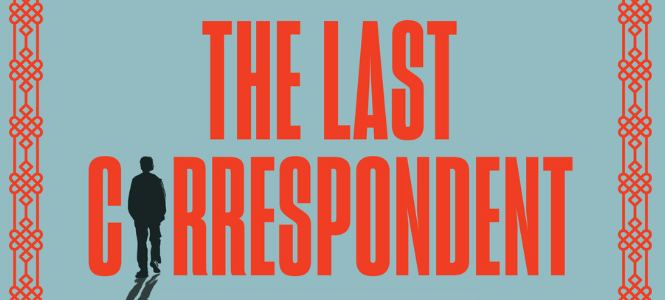
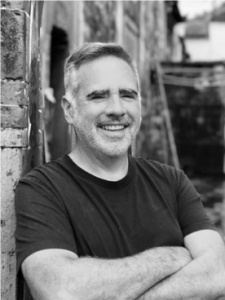
 What do we know about the Boy Swallows Universe Netflix show?
What do we know about the Boy Swallows Universe Netflix show? 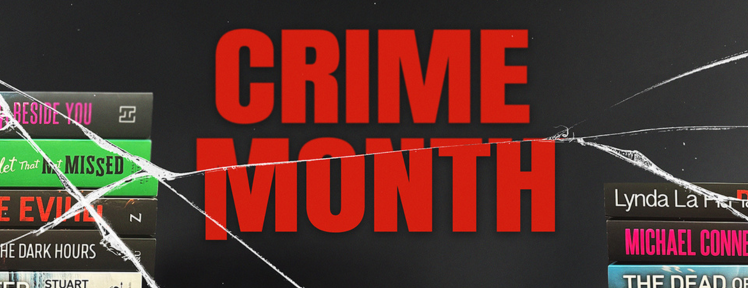 Booktopia’s top thrilling fiction picks for Crime Month
Booktopia’s top thrilling fiction picks for Crime Month 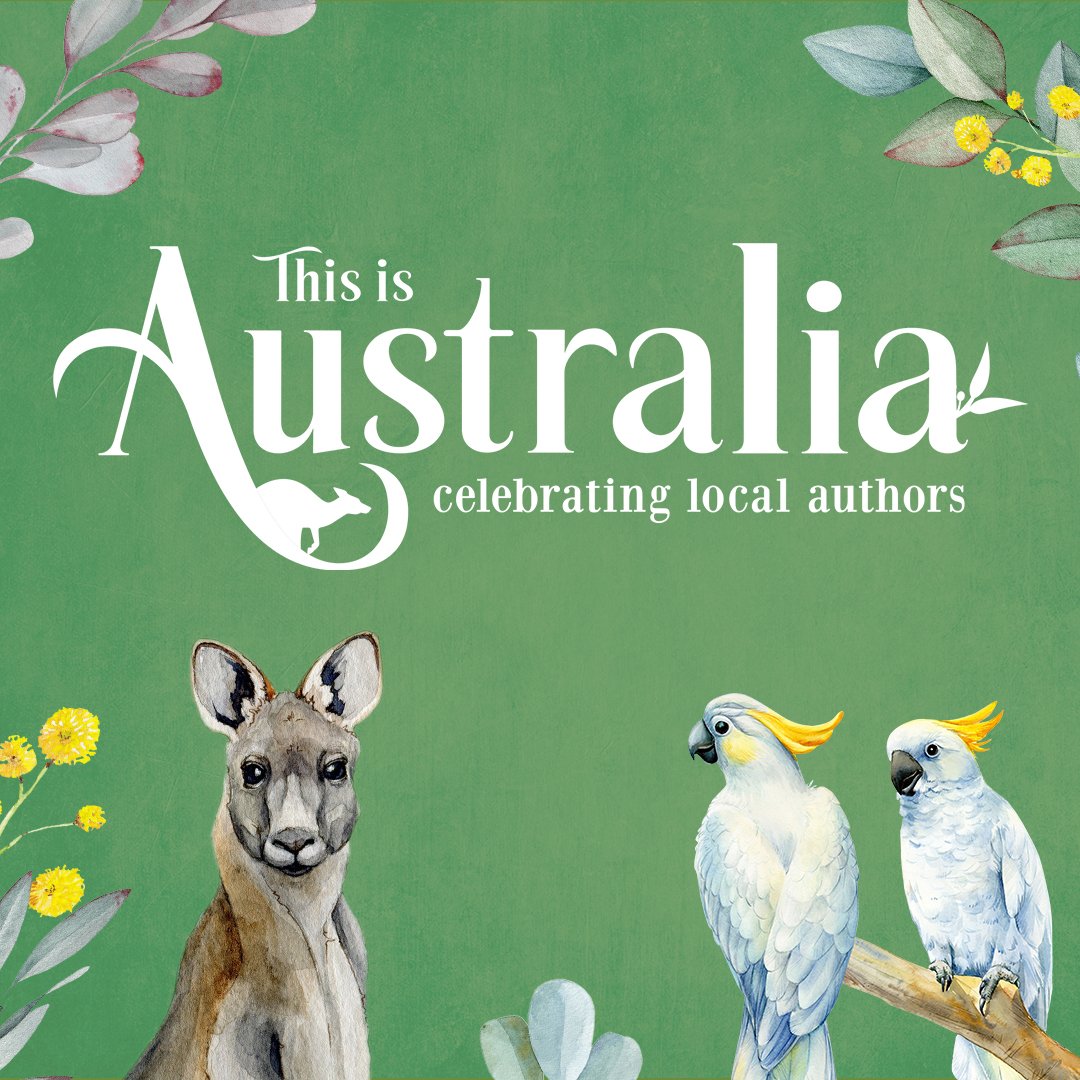 Booktopia’s Top First Nations Book Recommendations for 2023
Booktopia’s Top First Nations Book Recommendations for 2023
Comments
No comments